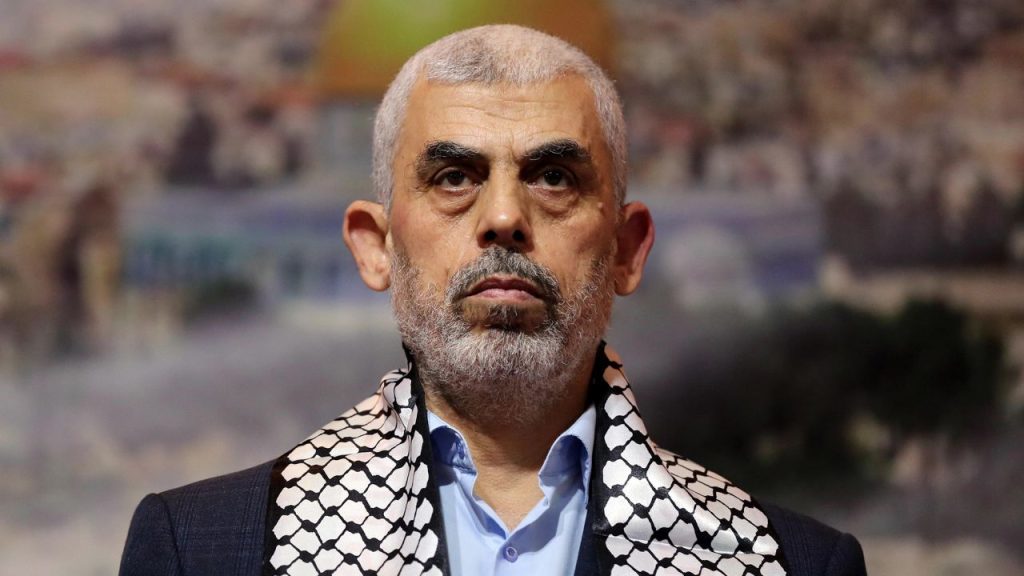Yahya Sinwar has been killed by Israeli forces, marking a pivotal moment in the ongoing Gaza conflict. This action concludes a year-long pursuit of the mastermind behind the October 7 attack on Israel. The Israeli foreign minister, Israel Katz, confirmed the reports on Thursday. Following this, the Israel Defense Forces (IDF) announced that Sinwar had been “eliminated.”
Prime Minister Netanyahu declared, “today we have settled the score.” He described Sinwar’s death as the “beginning of the end.” Netanyahu emphasized that this action shows the fate of those who threaten Israel. He noted, “the war is still ongoing, and it’s costly.”
The IDF initially reported that it was verifying whether Sinwar was among three militants killed in the same incident. By Thursday evening, they confirmed his death, reportedly in the Tel Sultan area of Rafah. Drones and troops located the bodies the following day, which were then transported to Israel for DNA testing.
Graphic footage released by Israeli media showed what appeared to be Sinwar’s body. He was found with severe injuries in a destroyed building. Israel’s Channel 12 reported that an infantry battalion had identified a group of men entering a building. They opened fire, resulting in the bodies being buried under rubble.
It remains uncertain how Sinwar’s killing will affect Israel’s military actions in Gaza. Analysts suggest that Israel is committed to a military occupation of the area for the foreseeable future. Reports indicated that Sinwar had tried to shield himself by keeping Israeli hostages nearby, but the prime minister’s office stated no hostages were present.
Israel dedicated substantial resources to locating Sinwar. This included intelligence officers and special operations teams. Ultimately, he was killed by regular troops on patrol. Sinwar, fluent in Hebrew, spent over 20 years in Israeli prisons. He was a key figure in Hamas’s recent strategies, which included a surprising attack that led to significant casualties.
Western intelligence had indicated that Sinwar avoided electronic communication. He preferred to use couriers within Hamas’s extensive tunnel network. Reports also suggested that he had become “fatalistic” after a year of intense conflict, believing his death was imminent.
Sinwar, aged 61, was born in the Khan Younis refugee camp. He grew up in poverty and later studied at the Islamic University of Gaza. He joined Hamas shortly after its founding. Over the years, he gained notoriety for his role in the group’s military operations. In 1989, he was sentenced to four life terms for his involvement in kidnapping and murder. He spent 22 years in prison before being released in a high-profile exchange in 2011.
He became Hamas’s chief in Gaza in 2017. Despite multiple assassination attempts, he maintained a belief in armed struggle as the only path to ending the Israeli occupation. His leadership grew more assertive, especially after the assassination of Ismail Haniyeh in July.
Israeli forces had come close to capturing Sinwar earlier this year. They found DNA evidence in a tunnel, but he had left days before the raid. Israeli officials had previously suggested he had been killed, especially during periods of silence. Recently, he reportedly re-established contact with Hamas members in Qatar.
The Israeli Hostage Families Forum welcomed Sinwar’s elimination, describing him as responsible for the greatest massacre in Israel’s history. However, they expressed concern for the remaining hostages held captive and urged leaders to turn this military success into a diplomatic solution.
The international criminal court is pursuing arrest warrants for Sinwar and other Hamas leaders. All three are now believed to be dead.


